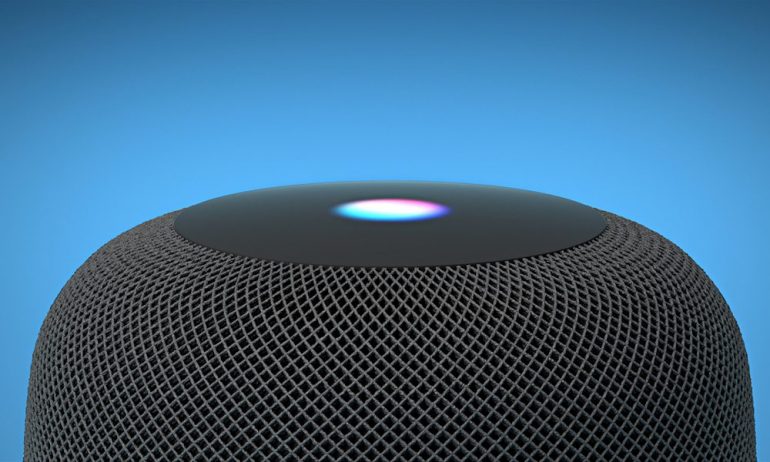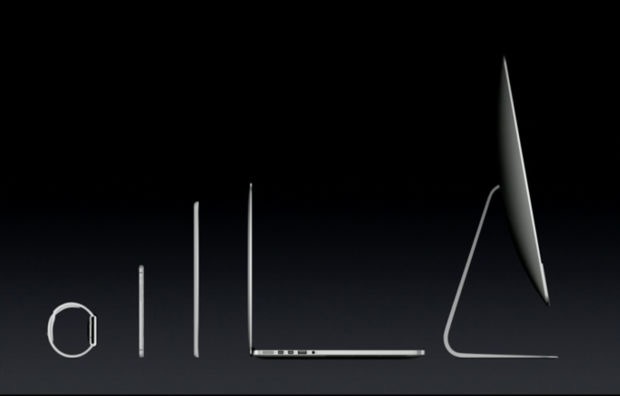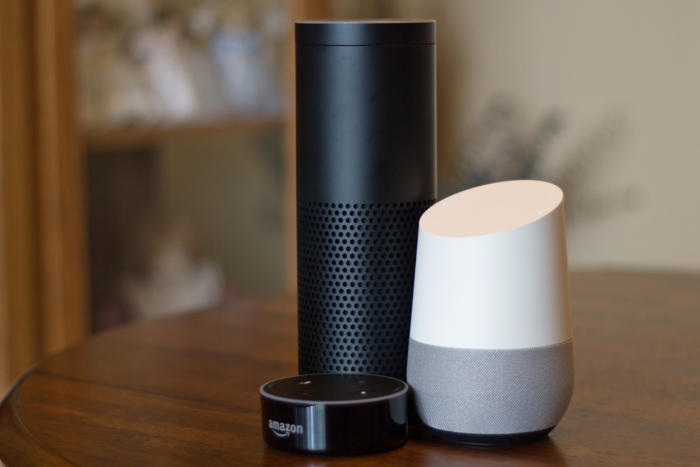Reports are coming in that Apple has been considering a low-cost, $199, version of the HomePod branded as a Beats by Dre product. The reliable Ming-Chi Kuo, before leaving KGI Securities, also mentioned the potential of a lower cost option. At $199, Apple would be closer to Amazon and Google, but would still be on the high end of smart speakers.
Analysis from Strategy Analytics suggest that HomePod barely made a dent in market share taking only 6%. That amounts to only 600,000 HomePod shipped. To be fair, Apple had less time on the market and has limited international availability. Amazon took the top spot with 4 million shipped and 43.6% market share. Second went to Google with 2.4 million shipped and a 26.5% market share. Even Alibaba overtook Apple to claim 7.6% of the smart speaker market.
These numbers are downright embarrassing
These numbers are downright embarrassing for a product Apple claimed would “reinvent music in the home.” And Apple doesn’t seem happy either considering HomePod wasn’t mentioned once in the press release for their second quarter results. Keep in mind, HomePod was the only product Apple had released so far that quarter if you don’t count the new iPad, which only became available days before the quarter ended. Compare that to their praise of iPhone X sales in the first quarter press release and the nod to Apple Watch in third quarter 2015 results.
HomePod Differs From Other Apple Products In The Wrong Ways
Apple has always distinguished their products from competitors via the interaction method. Early on Macintosh featured the Graphical User Interface (GUI). iPhone and iPad introduced Multi-Touch. iPod had the click wheel. And most recently Apple Watch brought us the digital crown. HomePod has no such claim to fame, in fact it’s interaction model suffers.
Voice acts the primary method of interaction for all smart speakers, and despite HomePod having excellent listening capabilities it can’t follow through on many tasks. Many of Apple’s own users have been dissatisfied with Siri as an assistant with an abysmal 20% satisfaction rating. It would seem idiotic to launch a device without first perfecting how people would use said product. Maybe HomePod simply came out too early and Apple hoped later changes to Siri would resolve the issue. Who knows? But lets hope because it needs a lot of work.
The smart assistants are the killer feature.
When Amazon Echo first came out in 2014 I’ll admit I scoffed at the idea of a smart speaker. “Who would want to talk to their speaker when they could talk to their phone?” I wondered. But the trend picked up and Google released their own competitor. Other home speaker companies like Sonos adopted both Alexa and Google Assistant to stay competitive. Clearly there’s a market for speakers people can talk to. The smart assistants are the killer feature. Great audio has existed for far longer yet it wasn’t until 2014 that the market expanded. What a coincidence!
Certainly $349 for HomePod brings it far higher than competition. You could buy three Amazon Echos at $99 each and still come in less than HomePod. And both Amazon Echo and Google Home boast smarter assistants making them more practical. Sure Apple pitches HomePod as a speaker first and assistant second, but that doesn’t change what people actually want from a smart speaker. Apple is being beat at how you interact with the device, which is historically where they have excelled.
Who Is This For? Why Does It Exist?
Many find the comparison between HomePod and Amazon Echo/Google Home unfair due to their differences in audio. They claim Sonos would be a better point of reference. But as I said earlier, Sonos is more intelligent than HomePod due to integration with Google Assistant and Alexa. This means great home audio with a smart assistant has already existed taking away anything meaningful HomePod could’ve offered to the market.
For the audiophile who wants a smart speaker HomePod still might not be the best option. Even without considering Sonos. Any serious audiophile already has a sound system setup, so why spend $349 on a new device that isn’t compatible? At $50 Amazon Echo Dot can plug into any sound system, possibly better sounding than HomePod, and does more as an assistant. And then anyone who doesn’t care about audio fidelity wouldn’t consider HomePod anyway. So who exactly is this for? Apparently, not many.
The real surprise is that we’ve been here before…
Déjà vu
Back in 2006 Apple released the iPod Hi-Fi, a gaudy home stereo, and claimed that they were “reinventing the home stereo.” Sound familiar? Let’s keeping going.
“Home Stereo. Reinvented.”
The iPod Hi-Fi started at $349 and found itself met with very similar marketing and critical reception as the 2018 reincarnation. Many found the iPod Hi-Fi to be a solid sounding speaker, yet too expensive. Just like HomePod. Reviewers found iPod Hi-Fi to be too locked into the Apple ecosystem with odd omissions such as AM/FM radio. Just like HomePod and Apple Music. Even the product slogans are reminiscent of each other. iPod Hi-Fi was the “Home Stereo. Reinvented.” and HomePod “reinvents music in the home.”
Although I couldn’t find sales numbers on iPod Hi-Fi, they couldn’t have been good. After a year and a half on the market Apple discontinued the product. If a $349 home speaker didn’t work in 2006, why would it work in 2018? Especially considering the lack of intelligence compared to other products already discussed.
All of the above considered, lets tackle that question posed in the title: Why Has HomePod Struggled? And Will A $199 Version Help?
Although price has contributed to HomePod’s lack of sales, a $199 version would suffer from similar issues. Siri needs to get a lot better before Apple tries again. A great sounding speaker like HomePod coupled with a very smart assistant all at an affordable price sounds like a killer product. But all three need to met.





